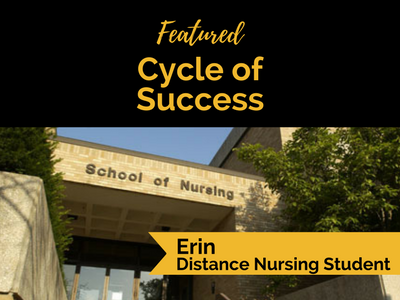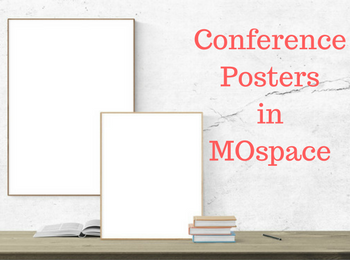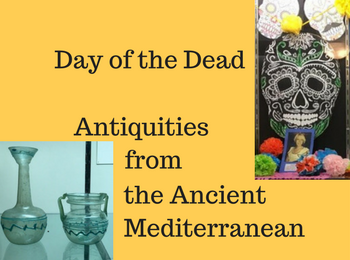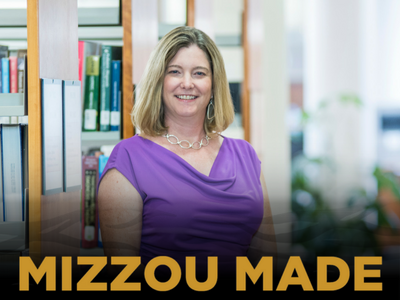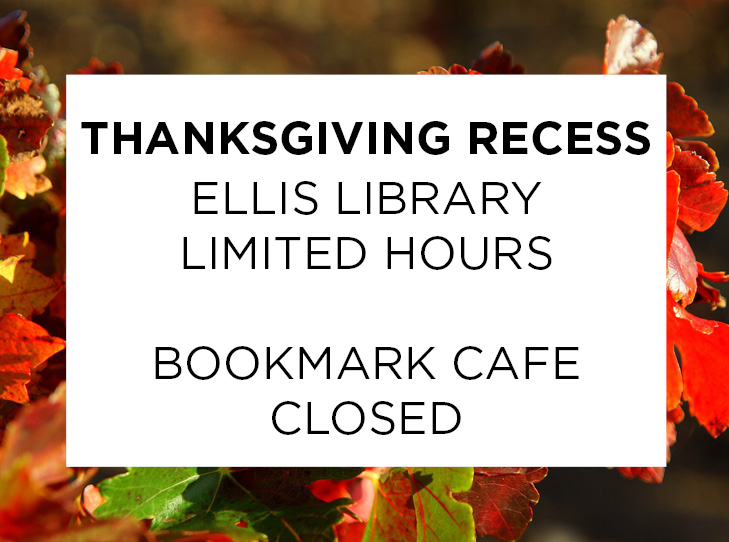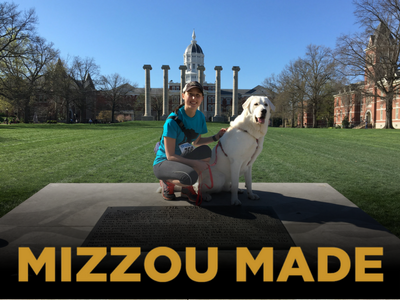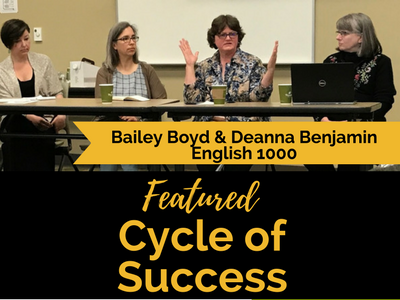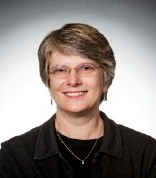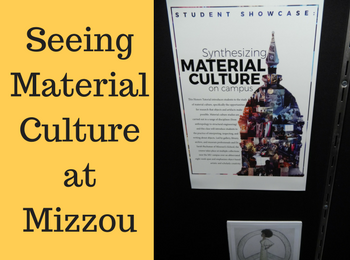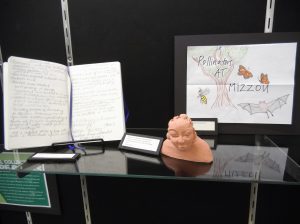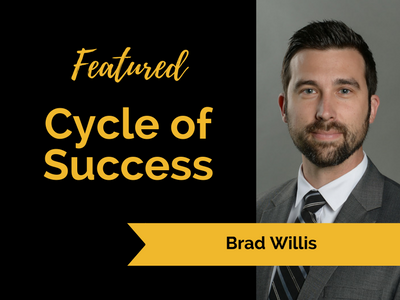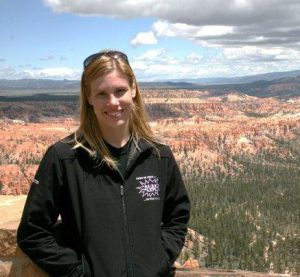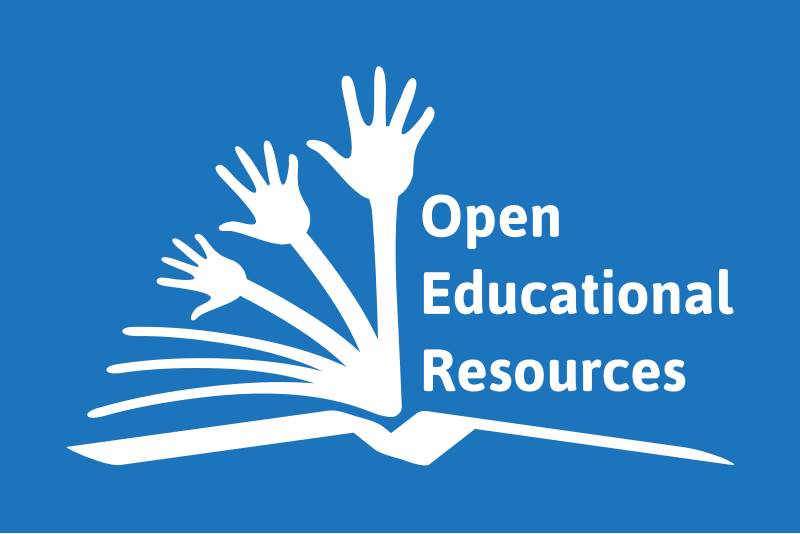My name is Erin, and I am a second year distance student in the BSN-to-PhD program at the MU Sinclair School of Nursing. My interest in researching type 1 diabetes (T1D) began three years ago, when my son (who was 9 years old at the time) was diagnosed with T1D. I have particular interests in data science and precision medicine, and my long-term goals involve the identification of pathophysiologic subtypes (i.e., phenotypes) of type 1 diabetes.
I am currently participating in a research practicum with Dr. Sonal Patil (MU Department of Family and Community Medicine) and as a part of this practicum, I am completing a systematic search of the literature pertaining to diabetes caregivers. Setting up and executing systematic searches can seem like such a daunting task (especially the first time around!) and Dr. Patil and my PhD advisor, Dr. Bonnie Wakefield, suggested that I talk with the health sciences librarians to ask for their assistance with developing appropriate search strategies. So I took their advice and went to the Health Sciences Library when I was on campus in early October.
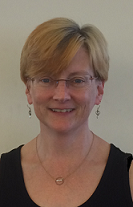
When health sciences librarian Rebecca Graves heard that I was at the library and that I had questions about how to begin my search, she stopped the work that she was doing that afternoon so that she could attend to my questions. Although I didn’t ask her to do that, my needs were important to her and she made time to give me the assistance I needed. She proceeded to work with me for quite some time, advising me on how to carry out a literature search, and walking me through a search in one database so that I could begin the process myself when I got back home.
During the last couple of weeks, I have had many additional questions about how to set up searches in other databases and Diane Johnson is the health sciences librarian who has helped me craft these other search strategies. Individuals who know me well know that I ask a lot of questions and Diane has been incredibly patient in answering my questions and concerns. For example, when I was having trouble acquiring search results in one database, Diane recognized that the issue was caused by a problem with the search syntax in that database (rather than by something I was doing wrong). She contacted the support specialists for that database,explained the issue, and she went on to craft a workaround for me that I could use to complete my search in the meantime! Her advice about fashioning appropriate searches in each database has been invaluable. She has even met with me online on two separate occasions so that I could share my computer screen with her, show her my search strategies, and request her assistance.
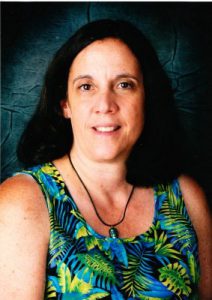
Effectively using research databases is challenging because the search syntax is different in each database. We are fortunate here at MU to have access to truly exceptional health sciences librarians who bring with them many years of experience and who possess the expertise that students need to be successful. Before you begin your research, do yourself a favor: reach out to the librarians and consult with them about your research needs. I’d also like to encourage graduate students to access the many additional resources available at the library including online and on campus classes and workshops , the after-hours “Ask the Librarians!” chat feature, and library email updates. Distance students can use MU Connect to schedule a time to consult with a librarian. These resources exist to help students be successful — so be sure to take advantage of them!
Cycle of Success is the idea that libraries, faculty, and students are linked; for one to truly succeed, we must all succeed. The path to success is formed by the connections between University of Missouri Libraries and faculty members, between faculty members and students, and between students and the libraries that serve them. More than just success, this is also a connection of mutual respect, support, and commitment to forward-thinking research.
If you would like to submit your own success story about how the libraries have helped your research and/or work, please use the Cycle of Success form.
